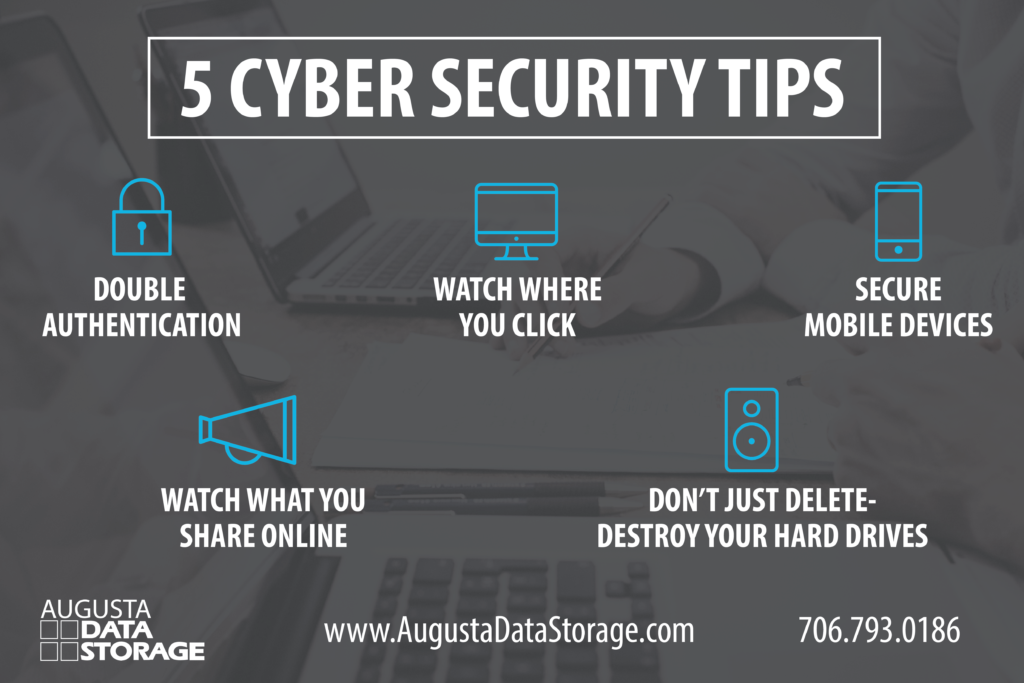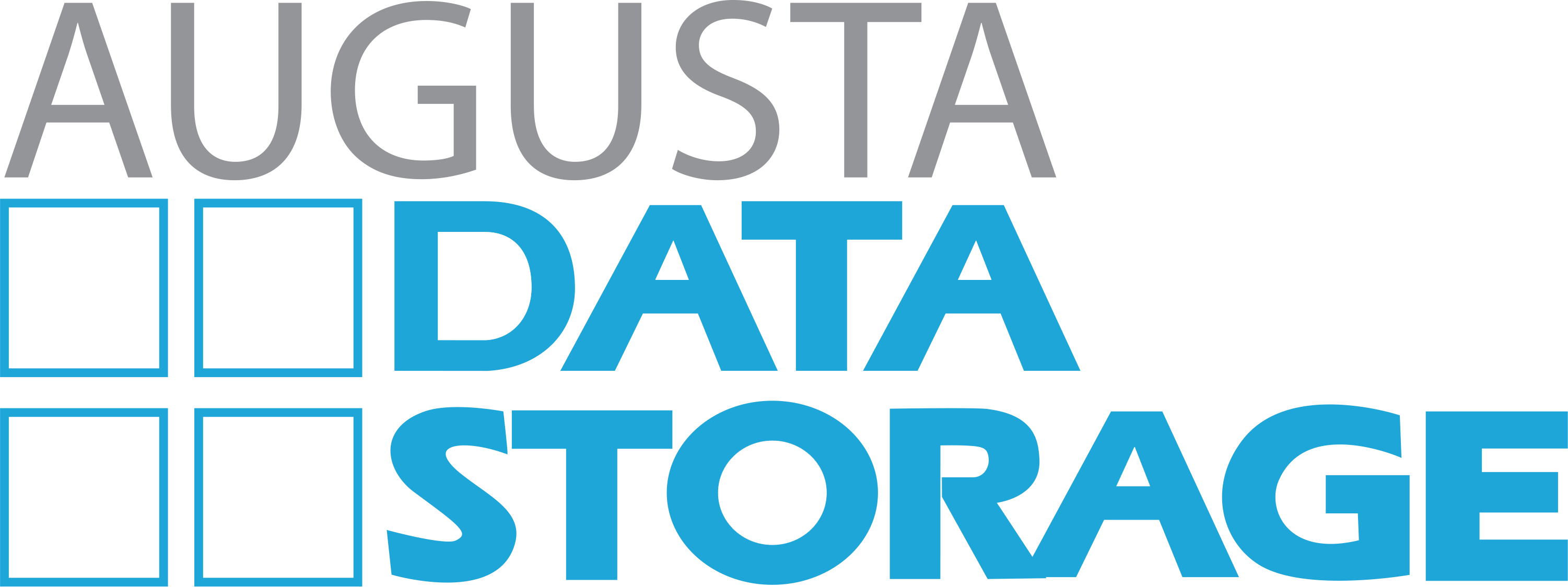Cybersecurity: 5 Tips to Help Protect Yourself!
It’s no surprise that cybercrime is on the rise. With instances of hacking, data breaches and identity theft happening every day, many people are not even sure where to start when it comes to setting up safeguards to protect themselves from rising threats. Whether in business or personal settings, the amount of personal data that we carry around on our electronic devices is almost overwhelming. From a personal standpoint, mobile devices such as smartphones and tablets often give us access to mobile banking, credit cards saved right into our phone, access to personal email accounts, and many other apps or social media sites that might contain personal information. As working professionals, especially those who deal with client transactions on digital platforms, you possess information on other people’s identity, their financials and more, which is why it’s crucial to ensure that you are creating barriers to prevent unwanted parties from accessing your information.
According to a TeleSign survey of U.S. adults, from Dec 1, 2015- Dec 1, 2016 51% of respondees cited suffering some kind of cybersecurity incident over the 12 month period. Additionally, 31% of those consumers surveyed believe that their online life is worth over $100,000 OR MORE! If you have something worth that much, it’s definitely worth taking a few extra steps to protect it, right? Here are a few things you can do on your electronic devices to help protect you from looming cybersecurity threats.

Double Authentication
Many sites online, especially those that may host a variety of proprietary information, often have an option for a two step authentication at login. While it may seem inconvenient to have to wait for a code to be text or emailed to you so you can access your information, it’s a lot easier to do than dealing with the repercussions of a cyber attack or identity theft.
Protect Your Mobile Devices
If you’re like most people today your mobile devices, specifically your smartphones, serve as a lifeline, and also a single access point into so many facets of our lives. Make sure you are taking EXTRA steps to protect your information on your mobile devices by logging out of apps that may contain personal information including credit card numbers and other proprietary information, use fingerprint authentication if possible, add a passcode on your lock screen, and do everything you can to protect the information your active devices contain.
Sharing Isn’t Always Caring
Social Media is a great way to keep up with friends and family, it’s also a great way for hackers to find out information about you to help them authenticate your identity. If you have an active online presence, that’s great, but just be aware of what you are sharing and with whom. Just because you mark your profile as private, doesn’t mean people don’t have ways to access the information you share there.
Be careful where you click
Don’t fall for phishing scams that often have you re-enter credentials to log in to certain sites or redirect you to pages to complete forms with personal information. Check out these tips from Microsoft about how you can recognize phishing scams. Also, always keep an eye on the URL. Sites listed as https are often securely hosted, if you are not on a secure site, DO NOT enter any personal information
Don’t Delete, Destroy
Upgrading your electronic devices? Awesome, just planning to delete your info and toss the old one? Not awesome!! Even if you think you have cleared your device of all personal information, hackers can often still able to access the information if they are able to obtain the device. We recommend destroying your outdated electronic devices using a certified e-waste recycling partner, such as Augusta Data Storage. This ensures that your information is destroyed with the device.
